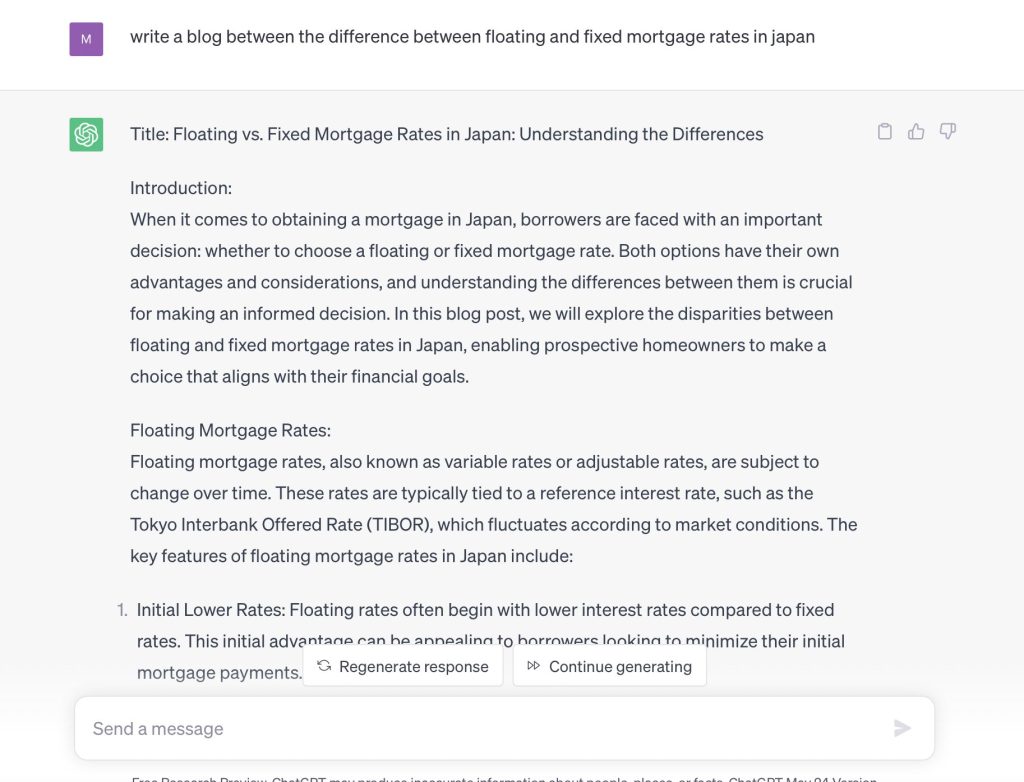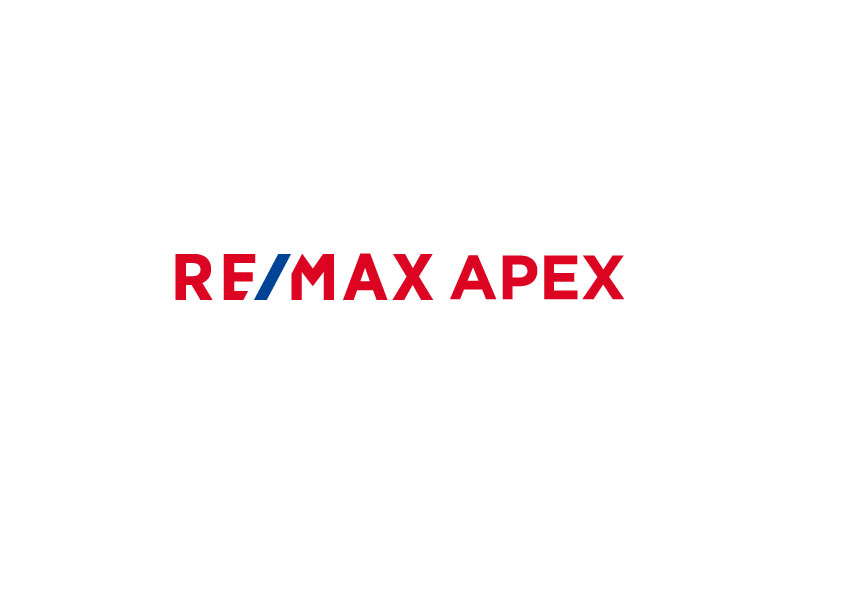
When it comes to obtaining a mortgage in Japan, borrowers are faced with an important decision: whether to choose a floating or fixed mortgage rate. Both options have their own advantages and considerations, and understanding the differences between them is crucial for making an informed decision. In this blog post, we will explore the disparities between floating and fixed mortgage rates in Japan, enabling prospective homeowners to make a choice that aligns with their financial goals.
Floating Mortgage Rates:
Floating mortgage rates, also known as variable rates or adjustable rates, are subject to change over time. These rates are typically tied to a reference interest rate, such as the Tokyo Interbank Offered Rate (TIBOR), which fluctuates according to market conditions. The key features of floating mortgage rates in Japan include:
- Initial Lower Rates: Floating rates often begin with lower interest rates compared to fixed rates. This initial advantage can be appealing to borrowers looking to minimize their initial mortgage payments.
- Market Volatility: As floating rates are influenced by market conditions, they can rise or fall during the loan tenure. While this can work in favor of borrowers during periods of decreasing interest rates, it also means that monthly payments can increase if the rates rise. This volatility can make budgeting more challenging.
- Potential Savings: If interest rates decrease significantly during the loan term, borrowers with floating rates can benefit from lower monthly payments. However, the inverse is also true; rising interest rates can result in increased mortgage payments.
Fixed Mortgage Rates:
Fixed mortgage rates, as the name suggests, remain unchanged throughout the loan term. These rates offer stability and predictable monthly payments, providing borrowers with a clear understanding of their financial commitments. Here are the key aspects of fixed mortgage rates in Japan:
- Stability and Predictability: With fixed mortgage rates, borrowers can enjoy the stability of consistent monthly payments over the entire loan tenure. This predictability makes budgeting and financial planning easier for homeowners.
- Potentially Higher Rates: Compared to the initial rates of floating mortgages, fixed rates tend to be higher. This accounts for the assurance and stability they provide. Borrowers must weigh the benefits of predictable payments against the potential cost of higher interest rates.
- Protection from Rate Increases: One of the significant advantages of fixed mortgage rates is that they shield borrowers from rising interest rates during the loan term. Regardless of market fluctuations, the agreed-upon interest rate remains fixed, offering financial security to homeowners.
Choosing the Right Option:
Deciding between a floating or fixed mortgage rate in Japan depends on various factors, including an individual’s financial situation, risk tolerance, and long-term goals. Consider the following points when making your decision:
- Market Conditions: Assess the prevailing interest rate trends and market forecasts. If rates are expected to decline, a floating rate may be beneficial. Conversely, if rates are anticipated to rise, a fixed rate might offer more security.
- Risk Tolerance: Evaluate your comfort level with fluctuating payments. If you prefer stable and predictable payments, a fixed rate is the safer choice. However, if you can accommodate potential rate changes and want the possibility of savings, a floating rate might be more suitable.
- Financial Planning: Consider your long-term financial plans. If you intend to stay in your home for a short period, a floating rate could be advantageous. Conversely, if you plan to remain in your home for an extended period, a fixed rate can provide peace of mind.
Conclusion:
Choosing between a floating and fixed mortgage rate in Japan requires careful consideration. While floating rates offer initial lower payments and potential savings during periods of declining interest rates, fixed rates provide stability and protection against rate increases. It is crucial to evaluate your financial circumstances, risk tolerance, and long-term plans before making

We believe AI gave us a simple and understandable difference between the two rates.
As it mentioned, careful consideration is needed when deciding which type of interest rate we choose when buying our home. Pros and Cons in both, but they are not a one size fits all.
Typically, the floating interest is advertised by banks and simple simulations from real estate agencies. Financial literacy is important when deciding.
For additional information or any questions please contact us here
Email: info@remax-apex.com

